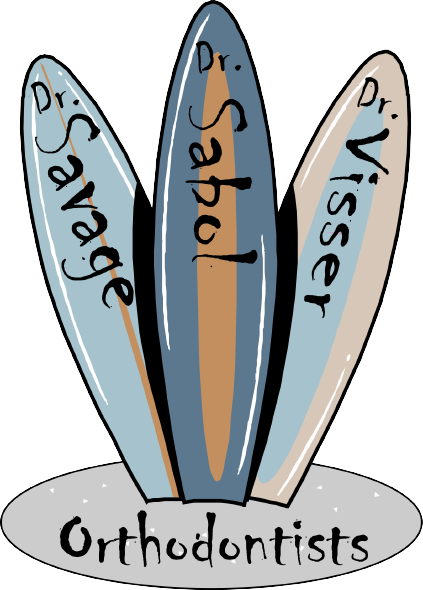If you’re one of the lucky ones who doesn’t have sensitive teeth, you may not be able to comprehend the pain associated with the simple act of eating or drinking that nearly 40 million Americans must deal with on a daily basis.
If you’ve never experienced it, count yourself fortunate, because the pain of sensitive teeth is extreme, a searing pain with white-hot intensity. Calling it tooth sensitivity is almost a misnomer, simply because the pain extends so far beyond just your tooth.
The Academy of General Dentistry says having sensitive teeth is a common occurrence in this country. Women, young adults and people with receding gums report the most serious cases of tooth sensitivity.
Sensitive teeth are usually caused by the wearing away of enamel on the teeth, leaving nerve endings exposed. The biggest enemies causing the most damage are sugar and acid. Listed below are some of the most common food sources that aggravate the pain of sensitivity.
- Soda: Soft drinks are a huge irritant for people with sensitive teeth, primarily because their two primary ingredients, sugar and acid, are the ones that irritate sensitivity the most.
- Cold Foods: When your enamel layer has been breached, your nerves are no longer insulated and food temperatures can become extremely aggravating. Just like soft drinks, ice cream has a double whammy. Not only is it cold, but it usually contains a large amount of sugar as well.
Even if you find you’re able to drink cold drinks, you should avoid chewing ice. Another double whammy…it’s cold and it’s hard.
- Hot Foods: Drinks like hot coffee, tea or cocoa can cause pain. Sweetening any of those drinks with sugar makes it even worse.
- Hard foods: If your teeth are sensitive, you may want to skip extremely hard foods like the ice mentioned earlier, but also hard candy full of sugar like candy canes, suckers and mints.
- Sticky candies: Loaded with sugar, candies like toffee, gummy bears (really anything gummy), licorice and caramels should probably be avoided by most people, but especially if you already have sensitive teeth.
Not only will the sugar cause your sensitivity to flare up, but those types of candies cause additional problems by sticking to your teeth.
- Fruits: It’s best to avoid citrus fruits in particular, because of their high acidic content. Lemon, lime, grapefruit, orange and pineapple all register quite high in acid, and that can make your sensitive teeth even worse by eating away at the tooth enamel that’s left. It’s also a good idea to avoid most fruit juices for the same reasons.
- Tomatoes: It’s a shame to list tomatoes as a food to avoid, because they’re a good source of vitamins, specifically vitamin C. But they’re so acidic they have to be included on this list. This also applies to tomato sauce, which can trigger sensitivity pain just as easily as the raw tomatoes. (Pickles are also extremely acidic.)
- Alcohol: Because alcohol has such a high sugar content, it has to be included in foods and drinks that contribute to tooth sensitivity. Wine is also high in acid and should be avoided as well.
By now you may be wondering what’s left for you to eat or drink? So it’s important to list a few foods that can actually help your tooth sensitivity.
Be sure to include high fiber foods in your diet. This includes things like cabbage, peas, lentils and beans, along with some high-fiber fresh fruits like avocado, raspberries, blackberries and strawberries. Eating foods high in fiber keeps your body producing saliva which helps create mineral defenses to combat sensitivity.
Get plenty of calcium, which is critical in preventing a tooth sensitivity problem. Foods high in calcium include cheese, milk, and eggs. These foods help prevent the pH level in your mouth from dropping to acidic levels. They also aid in rebuilding the enamel and strengthen the bone tissue surrounding the teeth.
Cheese is actually an alkaline food which helps to increase the pH level in your mouth. Eggs also contain protein and vitamins A and D which are crucial for mineralizing your teeth.
Lastly, try to drink water when you’re thirsty. Avoid fruit juices and sports drinks as much as possible, most of which contain an enormous amount of sugar which just erodes your enamel even further, causing the sensitivity to worsen.
If you feel you must occasionally drink soft drinks, sports drinks or fruit juice, use a straw to minimize their contact with your teeth. That gives your saliva a chance to neutralize any acid you may have taken in.











